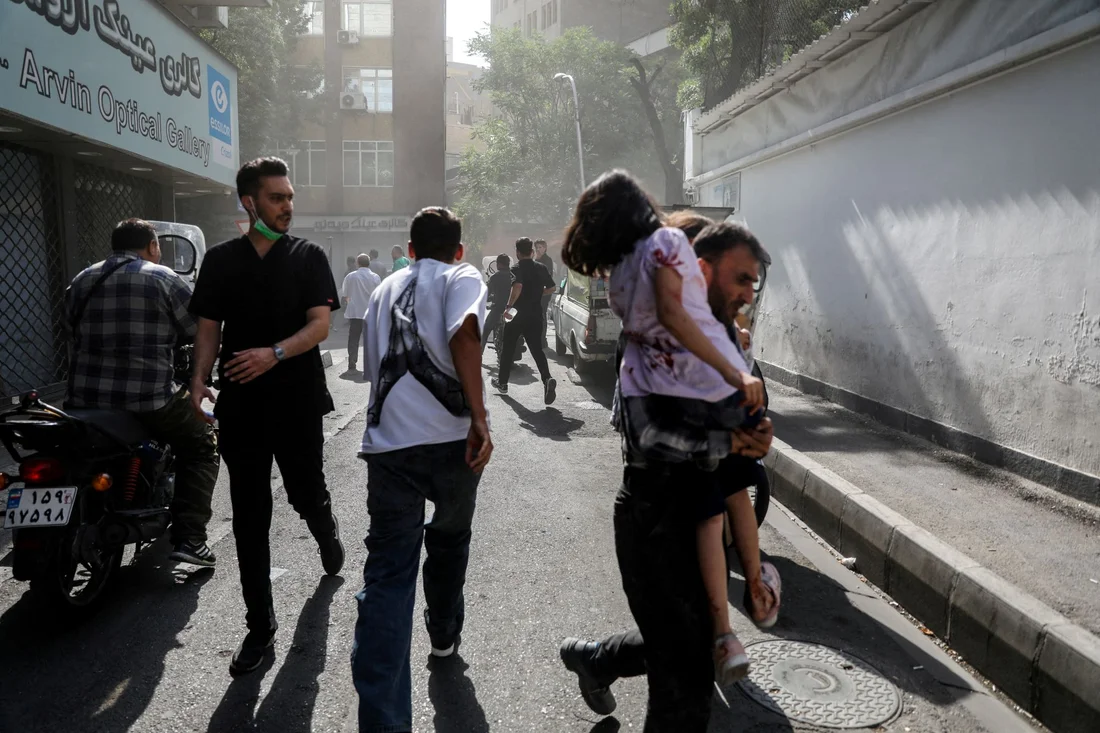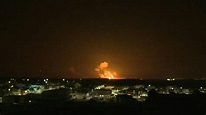Featured
article
- Get link
- X
- Other Apps
Gulf States Brace for Fallout After U.S. Strikes Iran’s Nuclear Facilities

Gulf nations were placed on high alert Sunday following a dramatic escalation in regional tensions after the United States launched coordinated strikes on Iran’s nuclear infrastructure. The operation, dubbed Midnight Hammer involved B-2 stealth bombers and submarine-launched Tomahawk missiles targeting key nuclear sites in Natanz, Isfahan, and Fordo.
President Donald Trump declared the mission a success, stating that Iran’s nuclear capabilities had been “obliterated,” and warned of further action if Tehran retaliates. The strikes mark a significant shift in U.S. involvement in the ongoing Israel-Iran conflict, raising fears of a broader regional war.
In response, Gulf states—home to major U.S. military installations—activated emergency protocols. Bahrain urged residents to avoid main roads and instructed 70% of government employees to work remotely. Kuwait established emergency shelters, while Saudi Arabia heightened security around critical infrastructure.
Despite the intensity of the strikes, nuclear authorities in Saudi Arabia and the UAE reported no signs of radioactive contamination. However, analysts warn that the direct U.S. involvement could draw Gulf nations deeper into the conflict, especially those hosting American forces.
As tensions mount, regional leaders are calling for restraint, but the path forward remains uncertain.
Popular Posts
Midnight Blast Shakes Gaza Skyline Amid Rising Tensions
- Get link
- X
- Other Apps
Trump's Six Words: "I'm Going to Stop the Wars"
- Get link
- X
- Other Apps



Comments
Post a Comment